-
Welcome to Tacoma World!
You are currently viewing as a guest! To get full-access, you need to register for a FREE account.
As a registered member, you’ll be able to:- Participate in all Tacoma discussion topics
- Communicate privately with other Tacoma owners from around the world
- Post your own photos in our Members Gallery
- Access all special features of the site
Thoughts on Hydrogen Generator Kits??
Discussion in '2nd Gen. Tacomas (2005-2015)' started by swimmer1, Aug 10, 2012.
Page 1 of 4
Page 1 of 4


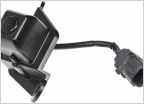 Backup camera help
Backup camera help Got a shell, what would you do?
Got a shell, what would you do?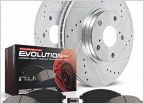 Recommend 5 lug brake pads and rotors
Recommend 5 lug brake pads and rotors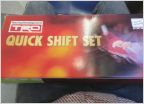 TRD Short-Shifter (Seeking Opinions/Experiences)
TRD Short-Shifter (Seeking Opinions/Experiences)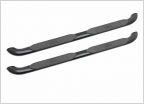 New Owner - First Mods I would like to Do
New Owner - First Mods I would like to Do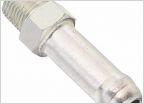 Purchasing my Tacoma tomorrow!
Purchasing my Tacoma tomorrow!







































































